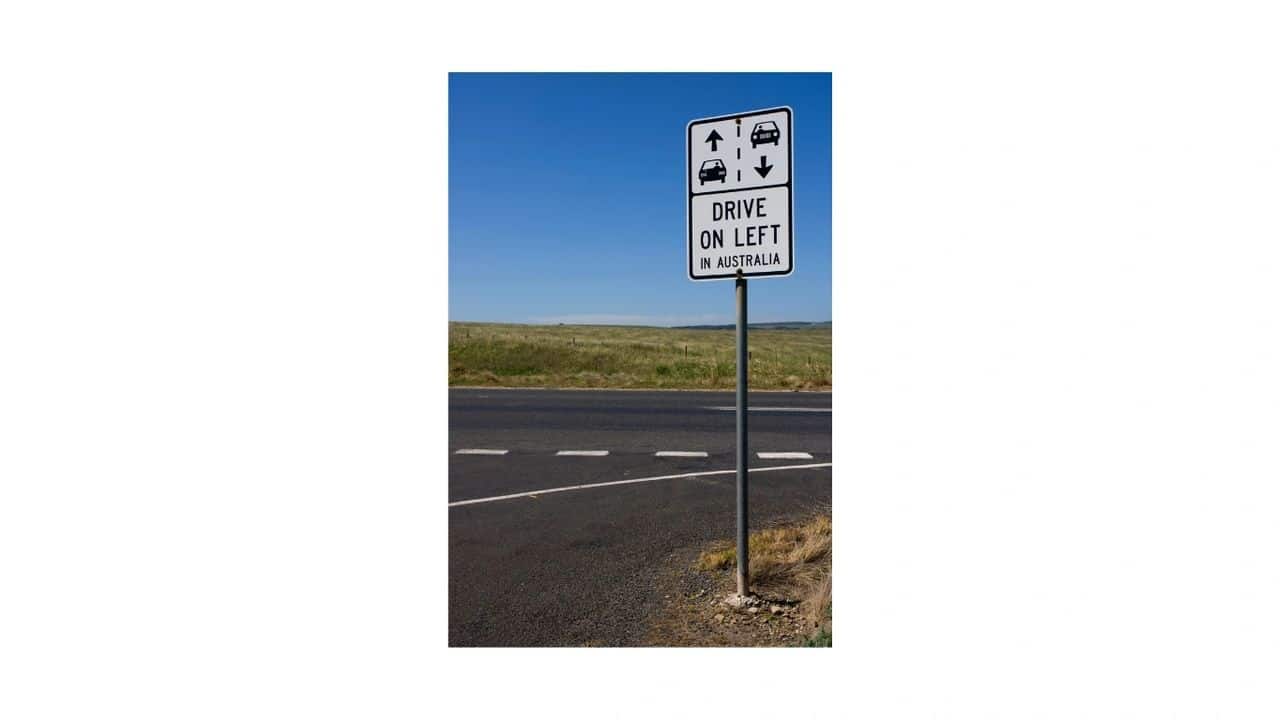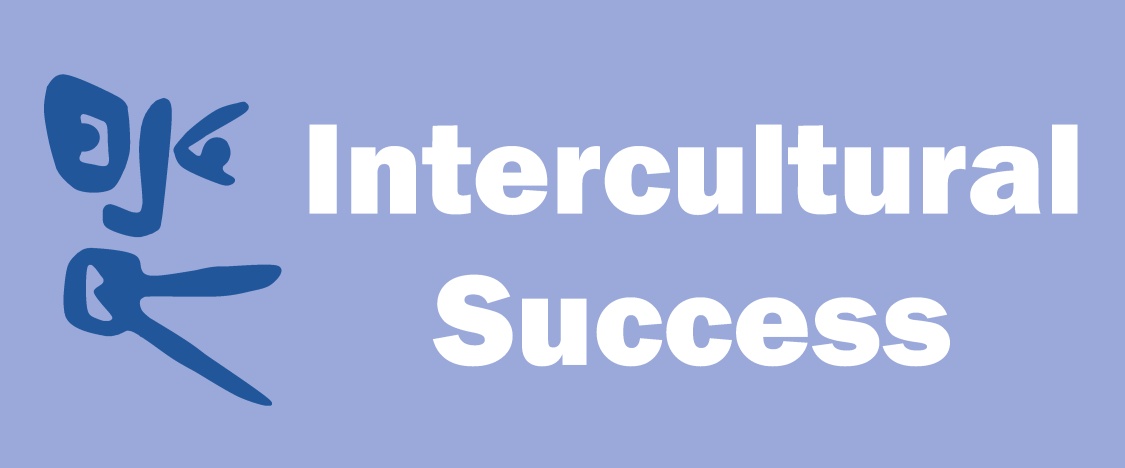22 February 2024|relocating
Adapt to your new country
How can you adapt easily to working in a new country? This article answers that question and focuses on practical ways to adapt and make your work and life feel more settled.
Perhaps you have moved, or are about to move, to a new country to live and work. You might be relocating as an employee, a student or as an accompanying family member. There are people doing this all the time from different countries to different countries and in different industries and professions. For all these people there is a process of adaptation to the new life in the new country.
Just as no two people are the same, no two relocations are the same. There is not an exact timeframe for settling and adjusting. It’s not a competition and there is no precise ‘right’ timeline to adapt.
However, there are stages to the adaption process.

The process of adapting to a new country
It can be helpful to start thinking about the process of adapting by dividing it into four stages.
Stage one – Relief
For most people there is a feeling of relief once they finally arrive in their new country. The move has been planned and organised as well as thought about. Finally, it has happened. As well, any new country is very interesting initially and the first weeks are often lower pressure in terms of workload. There may also be a ‘holiday feeling’ as there are people to meet, and perhaps not as much domestic responsibility.
Stage two – Reality
This stage comes quickly after the first stage and happens when you realise that you aren’t on holiday or on a business trip, and that this is permanent for a while at least. This is usually the time when you need to start dealing with housing, tax, medical care, schooling, etc. Although you will be very busy, there will be no sense of a routine and at times life may feel chaotic. Tiredness can also be a factor at this stage. Being somewhere completely new involves more energy – even remembering how to travel from home to work. If you are working in your second language, this will be even more pronounced.
Even if you have worked in the language before, being in country is always more intensive. A lot of people find speaking another language all day so tiring that by the evening, they don’t want to speak in any language. In fact, they want to just sit very quietly and stare at a blank wall.

Those who know nothing of foreign languages know nothing of their own.
Johann Wolfgang von Goethe, Maxims and Reflections
Stage three – Calm routine
The key for coping with stage two is to develop routines as quickly as you can. So, if there is a particular café you like to visit, then revisit it. If you find a food market, then make sure you revisit. Quickly, you will be recognised and will start to feel that everything is familiar. As humans, we thrive on routine for at least some of the time.
Stage four – Settled
Stage four is when you feel completely settled. It is easier to cope with different food, driving on the left/right, the “right” way to behave on public transport, and another language.
It is much more difficult to deal with differences in terms of the underlying values and codes. This is why feeling completely settled takes time to achieve. However, long before you feel totally settled, you can feel very comfortable in your new country.
Imagine moving from one region to another in your home country. It would take a long time to feel completely settled, (and in some regions you may never feel completely settled); it will be the same of in your new country.
If you have moved as part of a couple or of a family, remember that people do not settle in exactly the same way, or at the same time. So, if you have settled, don’t assume your family feel exactly the same. The last one to settle in a family can feel that they are not being successful. This is not at all the case; all it reflects is that we are all different.

Conclusion – The Key
There are four things to keep in mind when you are adapting.

Firstly, keep the process of learning about the new culture constant. Everything you observe about the new country and the people of the country will be useful. Each new observation or piece of knowledge forms part of the adaptation jigsaw.
Secondly, keep thinking about your own culture and how you are being perceived and how your behaviour is being interpreted. This is particularly important when the situation is pressurised as this is when you will easily respond and behave without considering the cultural differences.
Thirdly, as much as you can discuss the cultural differences openly and positively.
Fourthly, keep in mind that the process takes time. Also, accept that you will always be in some way a product of your own culture and experience, no matter how experienced internationally you become.
Let him that would move the world first move himself. –Socrates

Useful further content
If you would like to learn more about how to present globally or discuss one on one coaching, book a half hour situation appraisal to discuss your needs with our Director, Caroline Gregory via our contact form

